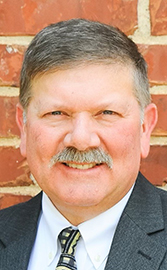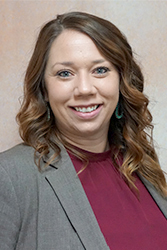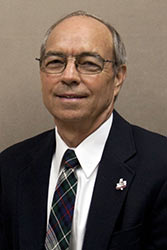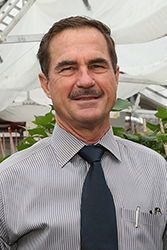Texas leads the U.S. in cotton production, and is the state’s leading cash crop, supporting an economic impact of over $5 billion. Texas annually produces about 25% of the entire U.S. crop and plants about 6 million acres! That’s over 9,000 square miles of cotton fields, or a cotton field the size of New Hampshire!
Almost anywhere you travel in Texas, you’ll be in cotton country. Specifically, eight production regions are recognized around the state. These regions differ with respect to climate, soils, and the cultural practices employed by the growers. We’ve all heard the slogan “Texas is like a whole other country”, and from a cotton production perspective it’s certainly fitting. For example, when it’s planting time in the Rio Grande Valley in February, it might be snowing on the High Plains, and when the first bale is harvested in the Valley in July, growers have just recently finished planting in the Rolling Plains. In most years, the harvest season is about six months long, beginning in July in the Valley and finishing-up in December in the High Plains region. In fact, many custom harvesters make the northern trek from the Valley to the High Plains each season.
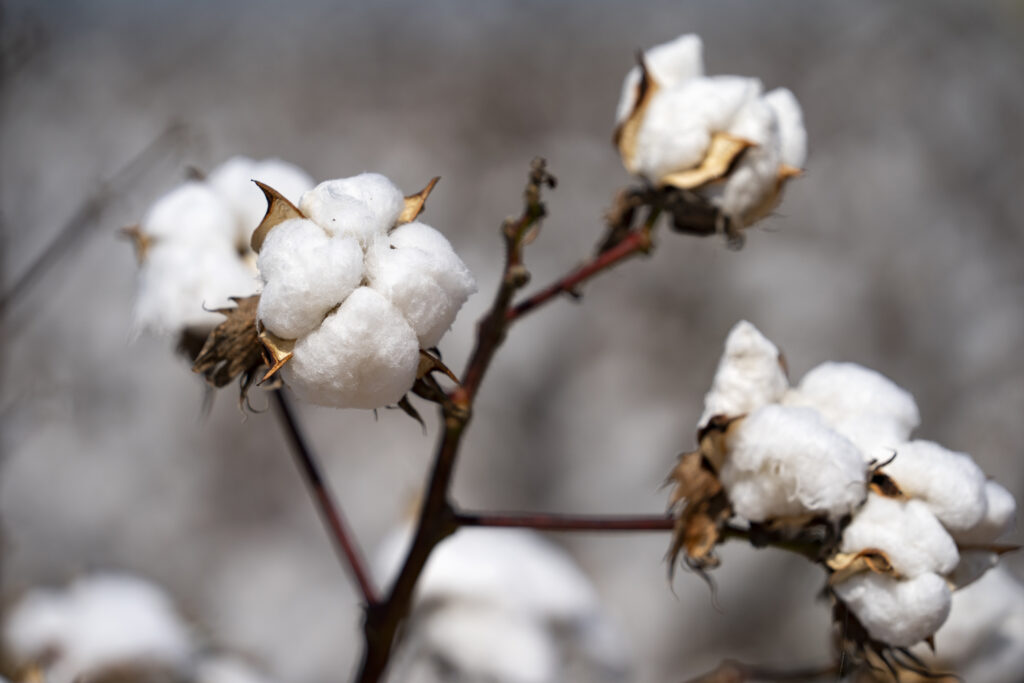
Research Interests
- To deliver technically sound information and provide support to this diverse industry, consisting of growers, consultants, allied industry, governmental agencies, educators, consumers, etc.
- Development of superior germplasm/cultivars which will enhance the productivity, improve the product quality, and/or decrease production costs associate with cotton production in Texas.
- Breeding goals include enhancement of yield and fiber quality potential, and resistance/tolerance to biotic and abiotic stresses.
- Research addresses basic and practical needs related to plant reproductive genetics or biology, evolution, chromosome biology and cytogenetic manipulation, genomics, genetic barriers to introgression, or other processes that impact our ability to genetically analyze, manipulate and improve plants.
- Improving dryland cropping systems by alleviating genetic and cultural constraints to productivity.
- The ultimate goal of our research and education program is to provide information that supports a healthy and environmentally sound cotton production industry for Texas.
Faculty and Staff
Joseph Burke
Assistant Professor
Weed Science & Cropping SystemsCarol Kelly
Assistant Professor
Ken Lege'
Assistant Professor
Extension Cotton SpecialistWayne Smith
Professor and Associate Department Head
Cotton GeneticsDavid M. Stelly
Professor
Plant Breeding, Genetics, Molecular & Environmental Plant Sciences
Related Sites of Interest
- Variety Testing Information – Cotton
- Cotton Improvement Lab
- Texas is Cotton Country
- Texas AgriLife Research
Learn More About Research Areas of Focus in Soil and Crop Sciences
In the realm of soil and crop sciences, research focuses on a myriad of critical areas that drive sustainable agricultural practices and global food security. Soil health and management take center stage, exploring ways to optimize soil fertility, structure, and nutrient cycling to enhance crop productivity. Genetic advancements in crop breeding and biotechnology are pursued to develop resilient varieties that withstand environmental stressors and ensure high yields. Precision agriculture, integrating technology and data analytics, aims to fine-tune farming practices, reducing resource waste and maximizing efficiency. The exploration of sustainable agroecosystems delves into the intricate relationships between crops, soil, and the environment, fostering environmentally friendly approaches. Such research not only informs farming practices but also contributes to vital policy discussions, shaping the future of agriculture in a rapidly changing world.




